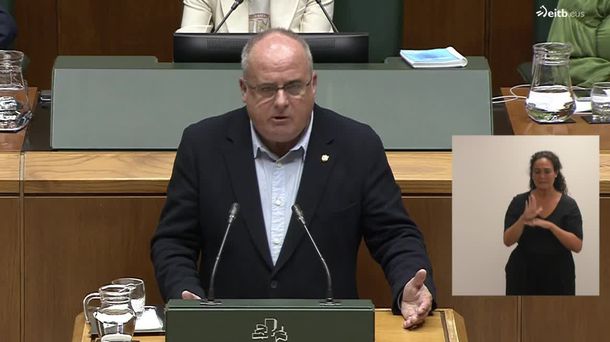A relative majority of Austrians want new elections. According to a survey by opinion research institute Unique Research, 46 percent of those polled were in favor of early national elections, 40 percent against. The rest gave no information. At the same time, more and more people believe that the government is doing too little to combat the energy crisis. Distrust is growing.
72 percent of Austrians believe that the government is not doing enough to prepare Austria for rising energy prices and a possible gas shortage. Only 20 percent think the initiatives of the turquoise-green coalition are sufficient, according to the research for the news magazine ‘profil’. It clearly shows the mood of change in the country: in the past eight months, popular opinion on new elections has been repeatedly surveyed and for the first time there is now a majority.
SPÖ extends lead
The two ruling parties have less than a third of the population behind them. In Sunday’s question, the ÖVP is at 22 percent (no change from June), the Greens lose two points to ten percent. The SPÖ extends its lead by two points to 29 percent. The People’s Party is close to the FPÖ with 21 percent (plus one). The NEOS come in at eleven percent (plus one), the anti-vaccination party MFG at four percent (minus two).
Nehammer leads at chancellor’s request
In the fictional chancellor’s question, incumbent ÖVP Karl Nehammer still has 18 percent, followed by SPÖ leader Pamela Rendi-Wagner at 16 percent (minus two) and FPÖ chairman Herbert Kickl at 13 percent (minus one). NEOS frontwoman Beate Meinl-Reisinger and Grünen boss Werner Kogler each have six percent.
For the study, the Unique Research Institute interviewed 800 people by phone and online. The fluctuation range is plus/minus 3.5 percent.
Source: Krone
I’m an experienced news author and editor based in New York City. I specialize in covering healthcare news stories for Today Times Live, helping to keep readers informed on the latest developments related to the industry. I have a deep understanding of medical topics, including emerging treatments and drugs, the changing laws that regulate healthcare providers, and other matters that affect public health.



